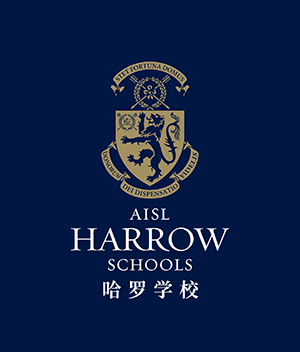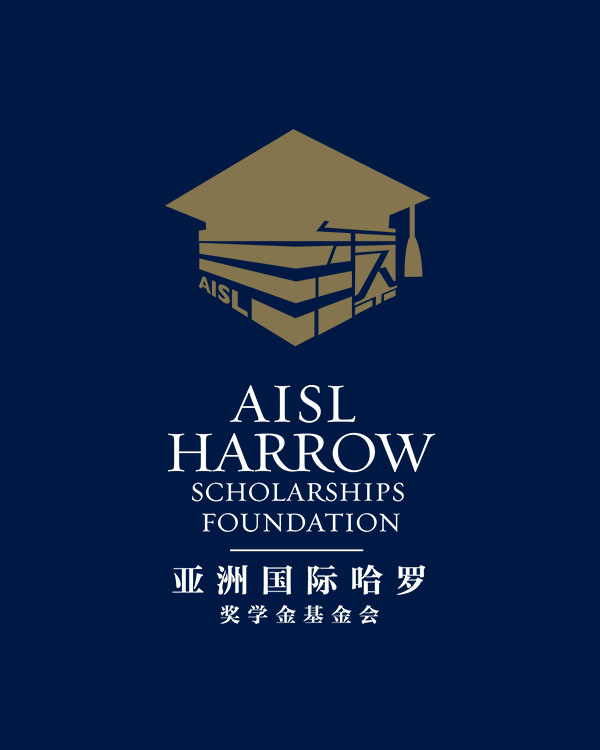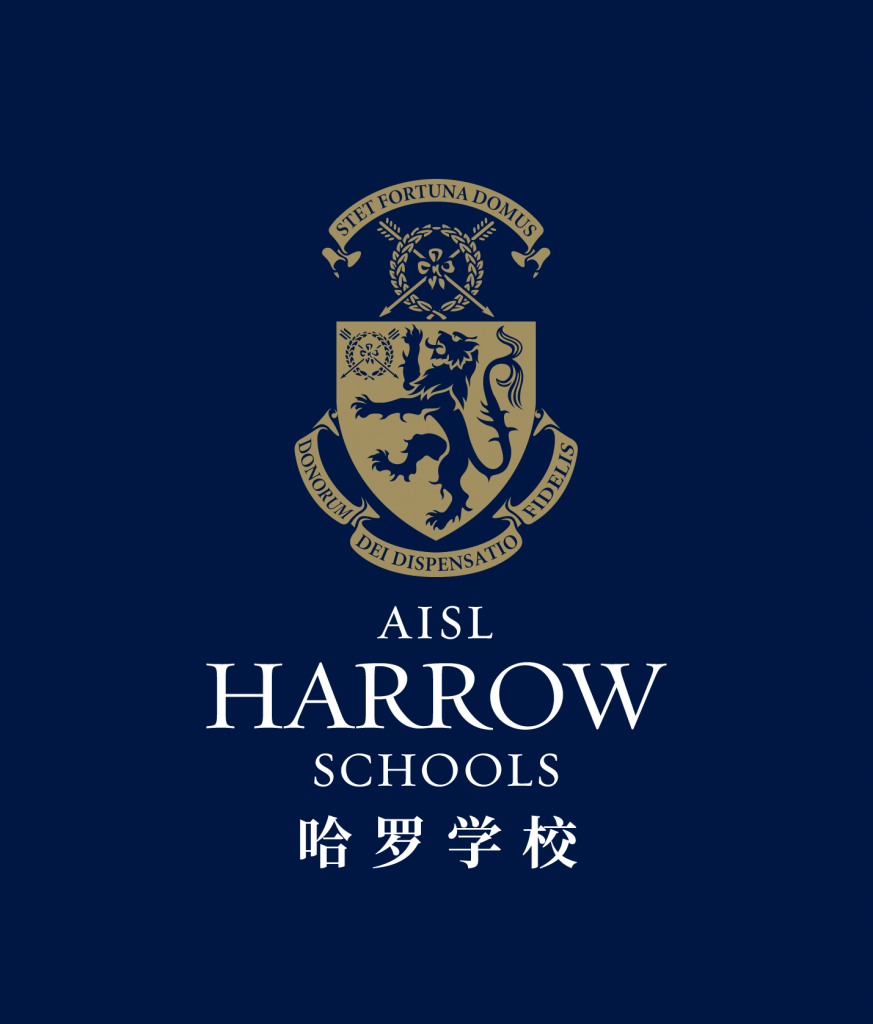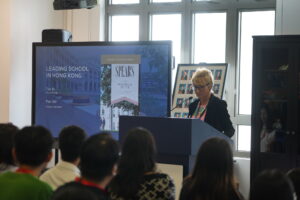I stopped giving the “Parents Evening” letter to my parents when I was fifteen. They didn’t seem to mind. My mother had enjoyed being told annually she was a good mother rather than in, my Nonna’s words, delivered with a regretful sigh, an occasionally disappointing one. But she had other adventures to live as I got older, most of my grades seemed to be fine and, well, no news was good news.
She wasn’t alone. An English teacher in the 1990s, I saw most of my pupils’ parents twice a year. The conversation would usually follow the same pattern:
“Is there anything in particular you’d like to know?”
“Is she doing her homework? Behaving in class?”
“Oh yes”
“That’s good.
Each school had its own habits and traditions, but they were united in their fundamental approach to parents: we had a duty to inform them; they were essential in supporting us when we needed their help to redirect a child’s efforts; and that was about it.
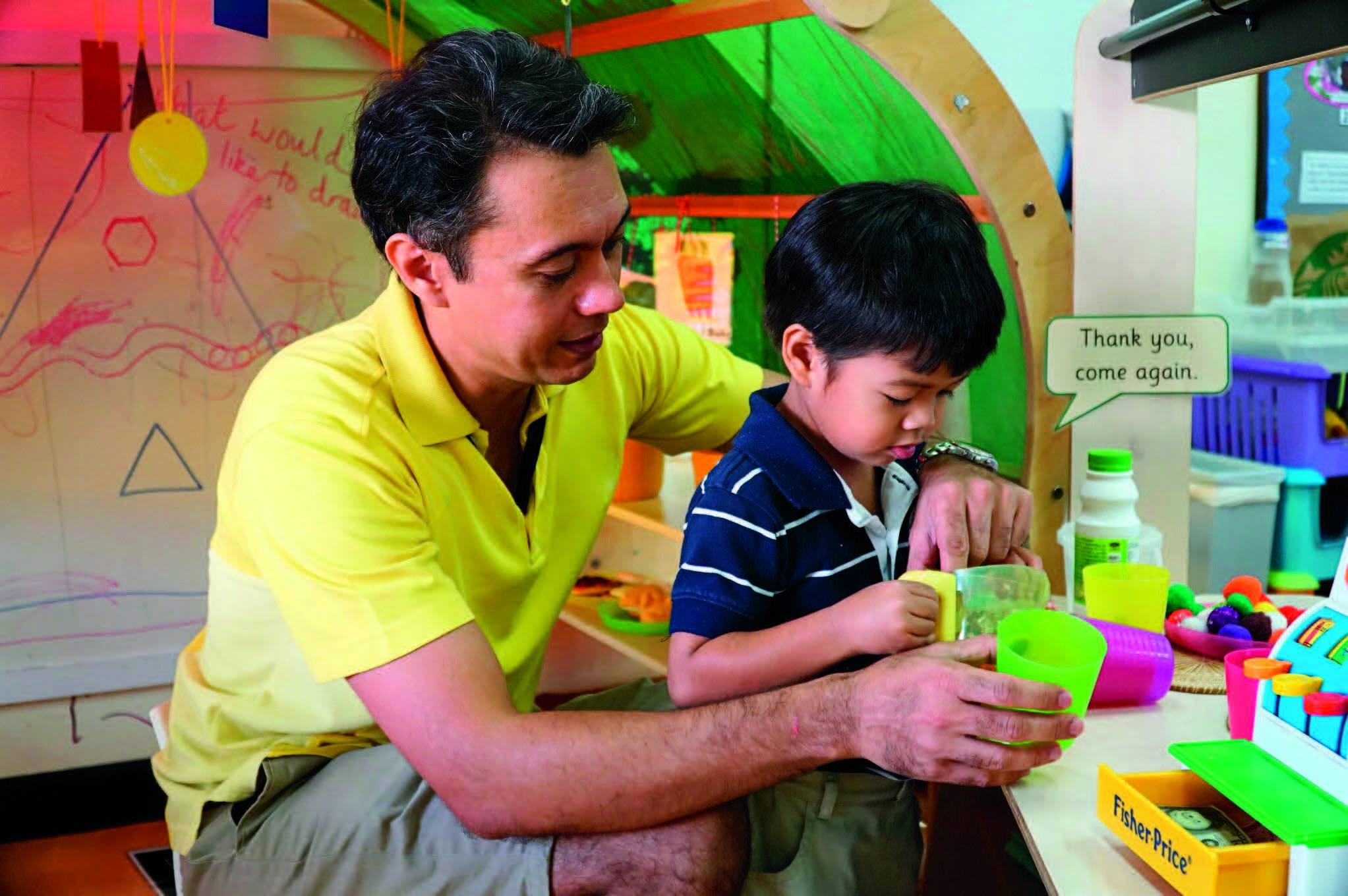
In today’s international schools, our approach has to be different. In our context, with highly motivated, interested parents who have a strong emotional connection to their children’s education, we fail our children and community if we think of our parents as partners with no more to offer than playground equipment, moral support, applause and contributions to the never-ending debates about school food and uniforms. We have to build a culture of genuine engagement and ownership, offering parents the chance to share in the leadership of our curriculum, our teaching and learning, our broader curriculum, and our identity.
At AISL Harrow Shanghai, just seven years old, we had solid foundations on which we could build. Our founding families are proud that they were here at the start of the life of the school, and we have always been a warm place with an inclusive culture. Our location, on the outskirts of the city with little local high-quality housing or community facilities (and no boarding), means that parents have to make an active, considered decision to join us, often choosing our school above more obvious destinations, many of which will have been recommended by others in their social circle. There is a desire for the school to succeed, and a genuine connection with the staff here. Pupil retention is very good; attendance at pupil events, parent information sessions and open classrooms is excellent. We have also, unlike most schools for foreign passport holders in Shanghai, always had a population weighted heavily towards children from ethnically Chinese families. I think this has helped cohesion, given the school a chance to reflect on its identity, and protected it from some of the Covid-generated convulsions experienced by others in our sector.
We have used these foundations to begin to build a culture of parent leadership. We started with some simple principles:
- We want our parents to know as much as possible about what’s happening at school
- Parents want to be partners in the school’s journey: we are always positive, and we are always looking to improve, and parents want to help us. So we also don’t pretend to be something we’re not.
- Pupils do better if their parents know more
- Openness and transparency matter

The key is our central philosophy, supported by a developing understanding of how to communicate this. We want parents to feel that they own the school. Pupils too, of course. And staff. And parents as well. We do this by saying: you are the experts too. Our job, as teachers have come to understand over the years, is to educate the child, our specialist knowledge a means by which we do this. It is not to “deliver” our subject or subjects. Our parents therefore have expertise that we need; collectively, they have expertise and wisdom that supports the whole school community in all that we do.
Just about every school will acknowledge this. It’s just that we need to work harder to develop the mechanisms and the programmes to ensure that parents feel that they, too, are partners, owning the school. And that they too are leaders of the school.
A final word has to be about communication. Schools are traditionally very good at delivering instructions and information, often adding a layer of unnecessary security by cloaking all we do in formal language designed to convey our distance, to formalise our difference. “If you can’t talk our language, you don’t really have the right to engage at our level.” It’s a form of exclusion the British seem to relish.
Parents will only feel that they are owners and leaders if they are pulled into the conversation in an inclusive way. We are open in our communications. We use “we” all the time. We avoid using passive constructions in sentence, as these tend to close off debate and imply that a choice of approach was written in the stars before the first paintings appeared on cave walls. We are informal and (appropriately) personal, closing the gap as much as we are able within our context. We never say “but”, preferring “and”. And we are visible, present and responsive. In other words, we need to have the structures and the mechanisms in place; and we need to have open minds, open words and open eyes to pull our parents to us properly, to lead with them, giving them the ownership that will make a difference to our pupils.
Source of Article:
This blog post is from Education Matters, Volume 1 – Issue 1, published by AISL Academy, p 40-43.

